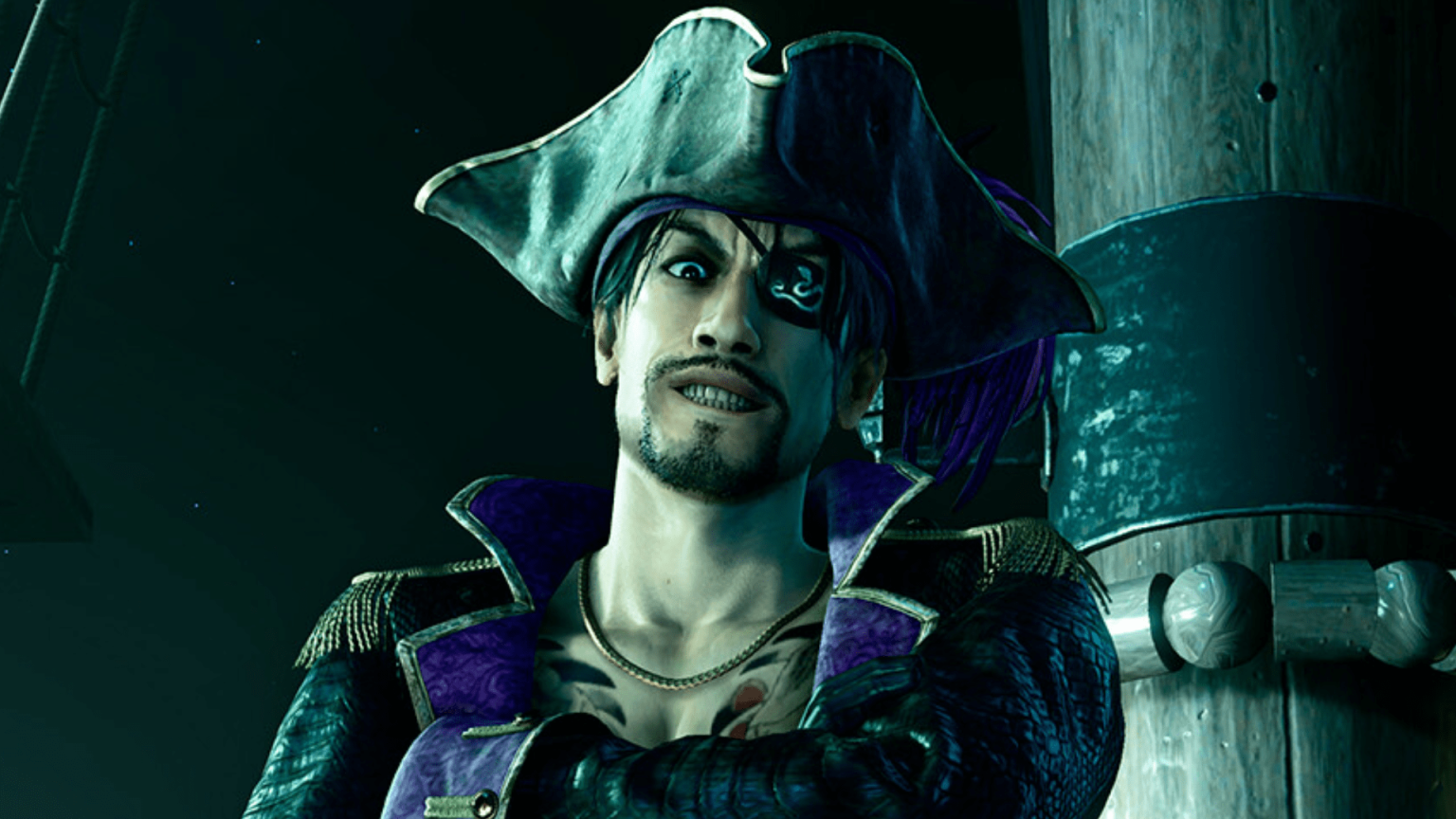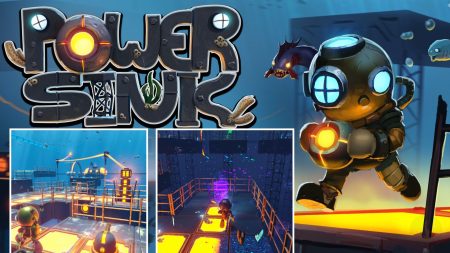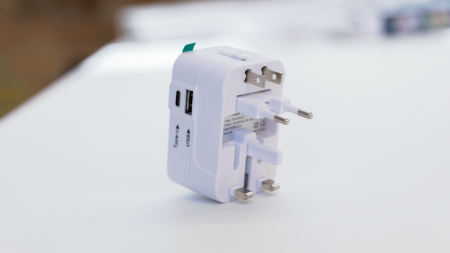Like a Dragon: Pirate Yakuza in Hawaii, a spin-off or “Gaiden” title in the renowned Yakuza series, charts a new course, taking the franchise’s signature blend of dramatic storytelling and over-the-top action to the high seas. While not a full-fledged entry in the same vein as numbered titles, it serves as a crucial narrative bridge, connecting Like a Dragon: Infinite Wealth with the forthcoming mainline installment. This Gaiden adventure centers on fan-favorite character Goro Majima, revealing his exploits during the period between these two major games, much like the previous Gaiden title, The Man Who Erased His Name, did for Kazuma Kiryu. The game promises a healthy dose of signature Yakuza eccentricity, reimagining the familiar character of Majima as a pirate captain, complete with a swashbuckling new persona and combat style.
Pirate Yakuza retains the core gameplay DNA of the series, focusing primarily on engaging combat encounters and exploration, while still offering meaningful character moments that resonate with long-time fans. Players familiar with Majima’s previous appearances will recognize his trademark “Mad Dog” fighting style, characterized by its relentless speed and aggression. However, Pirate Yakuza introduces a fresh dynamic with the “Sea Dog” style, a slower but more powerful approach to combat. This new style incorporates a unique element of absurdity, allowing Majima to summon animal allies mid-battle by playing different musical instruments, a testament to the series’ characteristic blend of gritty realism and playful humor.
Beyond brawling, Pirate Yakuza expands the world of Infinite Wealth with new explorable areas, including a pirate-themed rendition of the familiar Castle area dubbed “Madlantis.” The game also features seafaring exploration, allowing players to sail between islands and witness dynamic ocean phenomena like whirlpools, lightning storms, and breaching whales, adding a layer of visual interest to the journeys. While traversal may be leisurely, the journey itself contributes to the overall atmosphere and immersion of this pirate-themed escapade.
A significant portion of gameplay revolves around the Pirate Coliseum, a battle arena offering diverse challenges. These include chaotic free-for-alls on beaches with over a hundred combatants, as well as tactical naval battles where players must strategically disable enemy ships before boarding and engaging in close-quarters combat with the crew. These varied scenarios cater to different playstyles, offering both familiar Yakuza-style brawling and entirely new naval combat mechanics, a welcome addition that demonstrates RGG Studio’s willingness to experiment and expand the series’ gameplay horizons.
Beyond the core combat and exploration elements, Pirate Yakuza embraces the series’ tradition of incorporating a vast array of mini-games. Players can expect a multitude of diversions, including a selection of classic Sega Master System games, providing ample opportunities for lighthearted distractions and adding to the game’s overall replayability. This wealth of side content, combined with the central narrative and combat features, ensures a rich and varied gameplay experience.
Like a Dragon: Pirate Yakuza in Hawaii is poised to appeal to both newcomers drawn to the enticing pirate theme and veteran fans invested in the ongoing saga of the Yakuza universe. For newcomers, the pirate setting offers an accessible entry point into the series’ unique blend of action, drama, and humor. For established fans, the game provides a deeper dive into the beloved character of Goro Majima, exploring his story during a previously unseen period and enriching the overall narrative tapestry of the Yakuza world. Scheduled for release on February 21, 2025, for PlayStation, Xbox, and PC, Pirate Yakuza promises to be another compelling chapter in the long-running and beloved franchise.
The game’s setting on the high seas offers a significant departure from the traditional urban environments that define the Yakuza series. The introduction of naval combat and exploration mechanics adds a fresh dimension to gameplay, while the pirate theme permeates the narrative, character interactions, and overall aesthetic. This thematic shift provides a novel experience for long-time fans and an intriguing entry point for newcomers unfamiliar with the series’ established conventions.
Goro Majima’s transformation into a pirate captain allows for exploration of a different facet of his character. The contrast between his ruthless “Mad Dog” persona and the more strategic, if slightly eccentric, “Sea Dog” style creates an intriguing dynamic, adding depth to an already complex and beloved character. The narrative focus on Majima during this period offers valuable context and backstory, bridging the gap between major entries in the series and satisfying fans’ curiosity about his activities during this previously unexplored timeframe.
The inclusion of diverse combat scenarios, ranging from massive beach brawls to tactical naval engagements, ensures a balanced and engaging gameplay loop. The familiar hand-to-hand combat that forms the core of the Yakuza experience is complemented by the new naval combat system, providing a fresh challenge and preventing stagnation. This variety caters to different playstyles and keeps the gameplay experience fresh and exciting.
The extensive collection of mini-games and side activities, a hallmark of the Yakuza series, adds significant replay value and caters to players seeking lighter diversions. The inclusion of classic Sega Master System titles adds a nostalgic element and provides a welcome break from the main narrative and combat. This wealth of optional content ensures that players can engage with the game at their own pace and find something to enjoy regardless of their preferred style of play.
Like a Dragon: Pirate Yakuza in Hawaii effectively balances its dual roles as both a standalone adventure and a crucial narrative bridge within the larger Yakuza saga. The game offers a complete and satisfying experience for newcomers while providing valuable context and character development for established fans. This delicate balancing act allows the Gaiden title to stand on its own merits while also contributing meaningfully to the ongoing narrative of the Yakuza universe.











